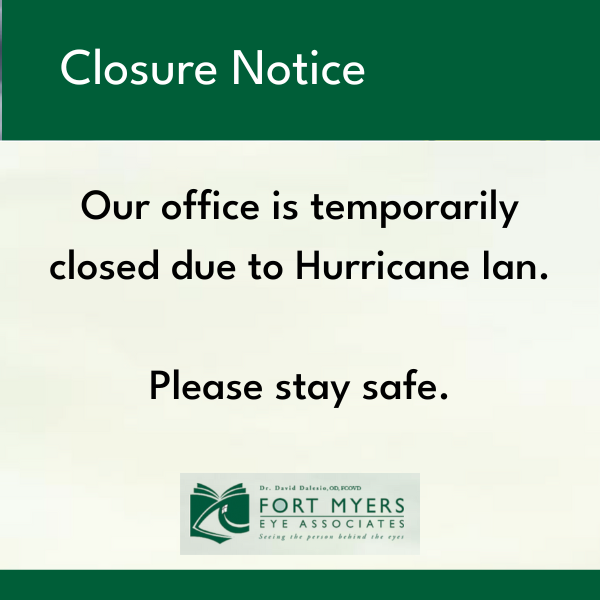Dyslexia is a complex learning disability that impacts millions of people nationwide. It can make it difficult for individuals with the condition to read, write, and comprehend written language.
Over the years, various therapeutic approaches have emerged to address dyslexia, including vision therapy. While vision therapy can’t directly treat learning disabilities like dyslexia, it can help develop reading and learning abilities, which may benefit children with dyslexia.
Understanding Dyslexia
Dyslexia is a language-based learning disability that causes people to struggle with specific language skills, especially reading, spelling, and writing. It’s a common disorder, impacting an estimated 20% of the population.
Dyslexia primarily affects phonological processing skills. Phonological processing involves recognizing the sound of language and understanding the relationship between sounds and letters.
Those with dyslexia often struggle with decoding words, meaning they have difficulty associating letters with their corresponding sounds and blending them to read words accurately and fluently. The condition is not related to intelligence, nor is it caused by hearing or vision problems.
It’s crucial to diagnose dyslexia early to provide appropriate interventions and support. With the right support and accommodations, those with dyslexia can thrive academically and succeed in various areas of life.
Can Dyslexia Be Treated or Cured?
Dyslexia is a life-long condition, and there’s no known cure. However, dyslexia is highly manageable with the appropriate support.
Early diagnosis and intervention are key in helping individuals with dyslexia thrive. Through evidence-based therapies, individuals can improve their reading and writing abilities, develop compensatory strategies, and overcome many of the challenges associated with dyslexia.
Common strategies and therapeutic treatment options for dyslexia include:
- Multisensory teaching: This form of education uses sight, sound, movement, and touch to help children connect language to words. Multisensory teaching can help students “overlearn” material through repetition.
- Phonological awareness therapy: Phonological awareness is essential for learning to read, as it involves how we connect letters and sounds. Children with dyslexia can benefit from working with a teacher, reading specialist, or speech-language pathologist to improve their phonological awareness.
The Connection Between Vision & Dyslexia
While dyslexia isn’t directly linked to vision, vision problems can contribute to reading or writing struggles.
Dyslexia may also present signs and symptoms similar to a vision problem, especially in young and school-aged children. Because of this, it is possible for untreated vision problems to be misdiagnosed as dyslexia.
If your child struggles with language skills, especially reading and writing, it’s essential to rule out the possibility of a vision problem.
What Is Vision Therapy?
Vision therapy is a specialized program designed to improve visual skills through exercises and activities. Vision therapy can help improve visual functions such as focusing, tracking, and depth perception, which can improve reading and writing abilities.
Common vision problems that may require vision therapy include:
- Strabismus (misaligned or crossed eyes)
- Amblyopia (commonly known as “lazy eye”)
- Convergence insufficiency (when your eyes don’t turn inward when reading as they should)
- Eye muscle weakness
- Interruptions in processing due to neurological injury or ailment
These types of vision problems commonly develop during critical developmental years. Early diagnosis and a treatment plan that includes vision therapy can help your child get back on track with proper visual development to ensure their success in school and beyond.
Can Vision Therapy Help Dyslexia?
Dyslexia is not a vision disorder and can’t be effectively treated with vision therapy. In a joint statement from 4 national ophthalmology organizations, including the American Academy of Ophthalmology (AAO), the consensus is that there’s no scientific evidence to support the efficacy of vision therapy for improving the long-term educational performance of individuals with conditions such as dyslexia.
While vision therapy doesn’t directly treat dyslexia, it can still play an essential role in improving visual functions for those with both dyslexia and vision problems.
It’s also possible for a vision-related learning problem to have similar signs, symptoms, and behaviors to other learning problems, including dyslexia. If your child shows any signs of a learning problem, schedule a comprehensive eye exam so their optometrist can rule out a vision problem. Once children start school, they should have an eye exam yearly to monitor for vision changes that could negatively impact their learning abilities.
Find Comprehensive Eye Care
At Fort Myers Eye Associates, we understand the importance of vision care for the whole family. In addition to comprehensive eye exams, our office also offers vision therapy with our expert team of eye care professionals. Contact our office today to book an appointment.





